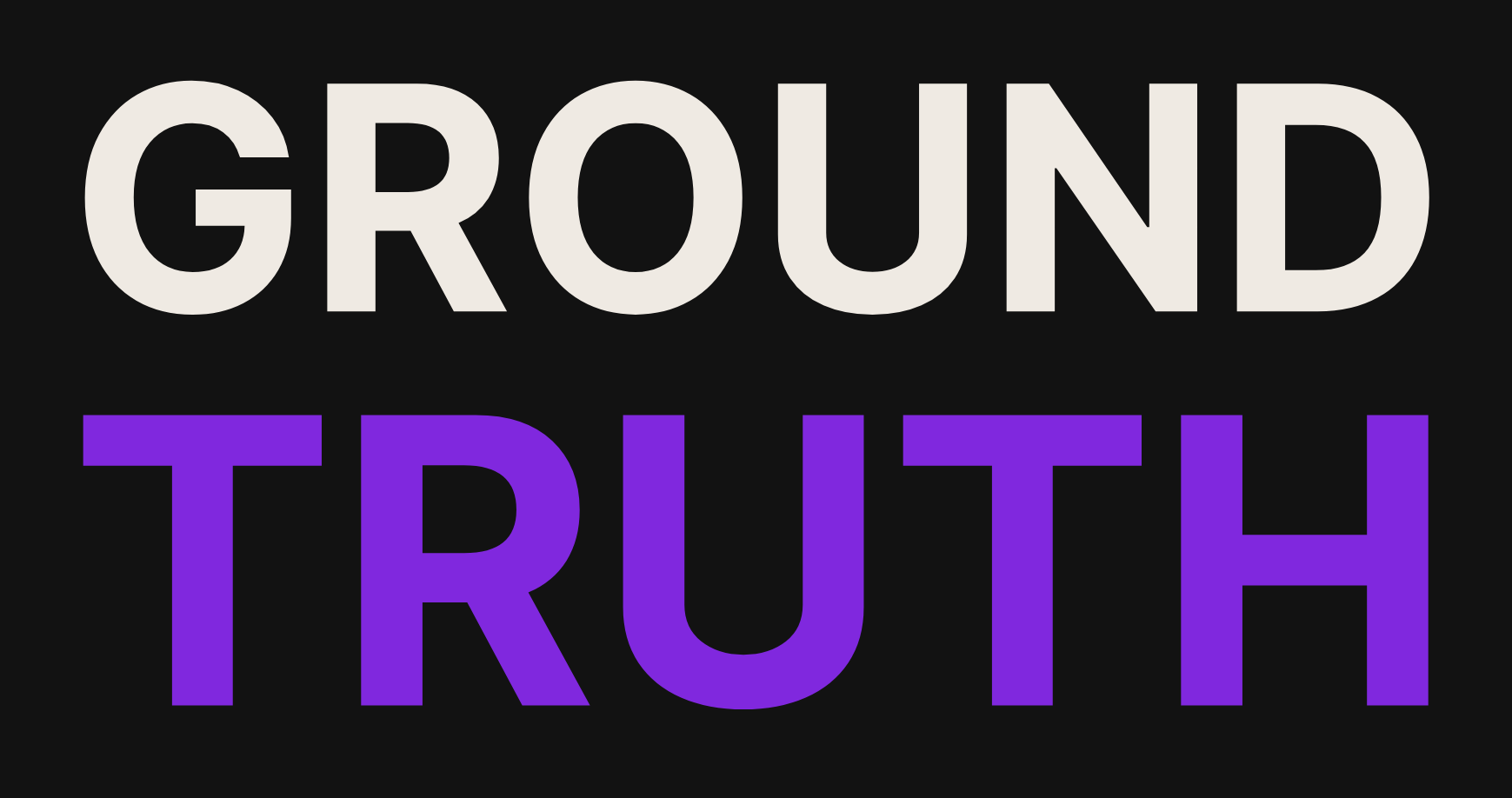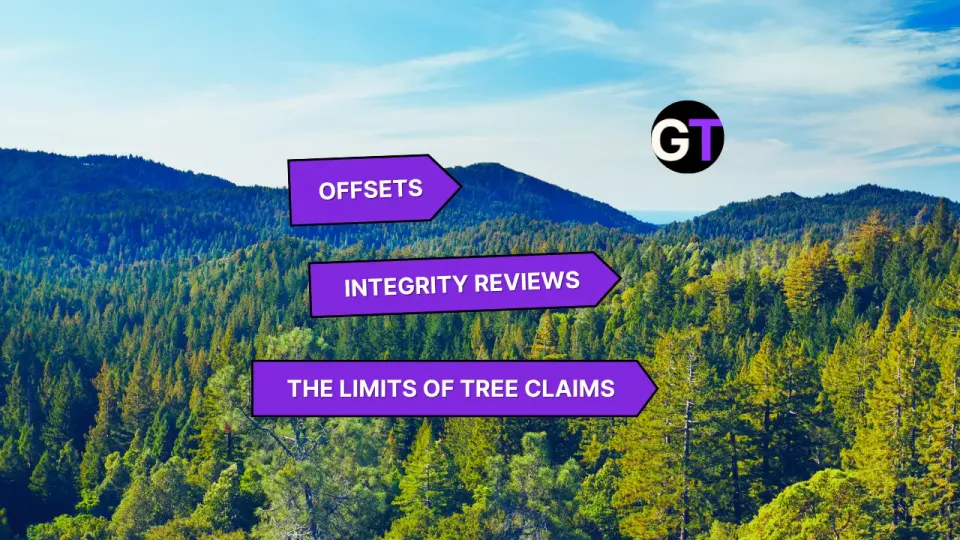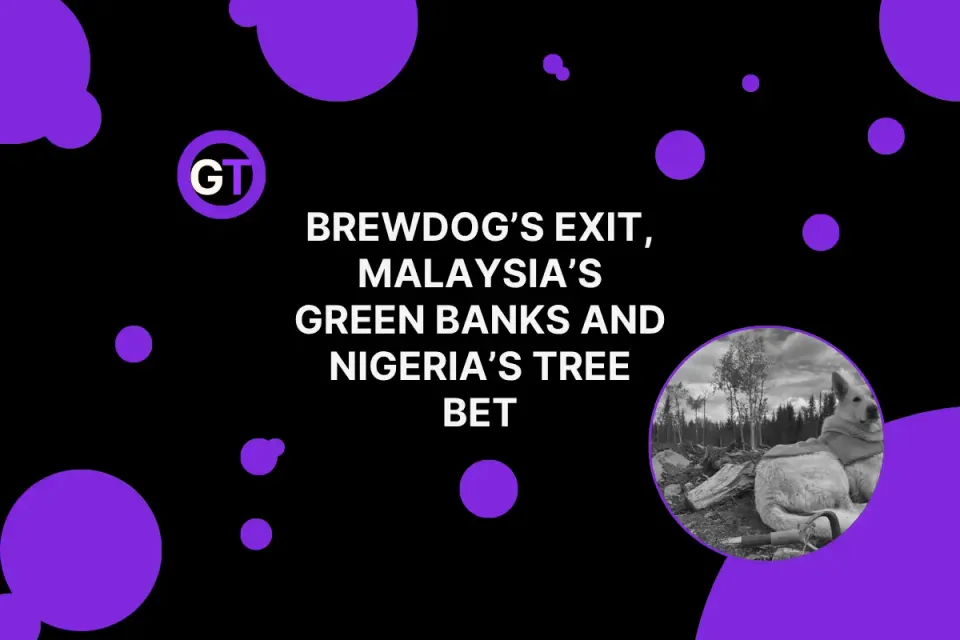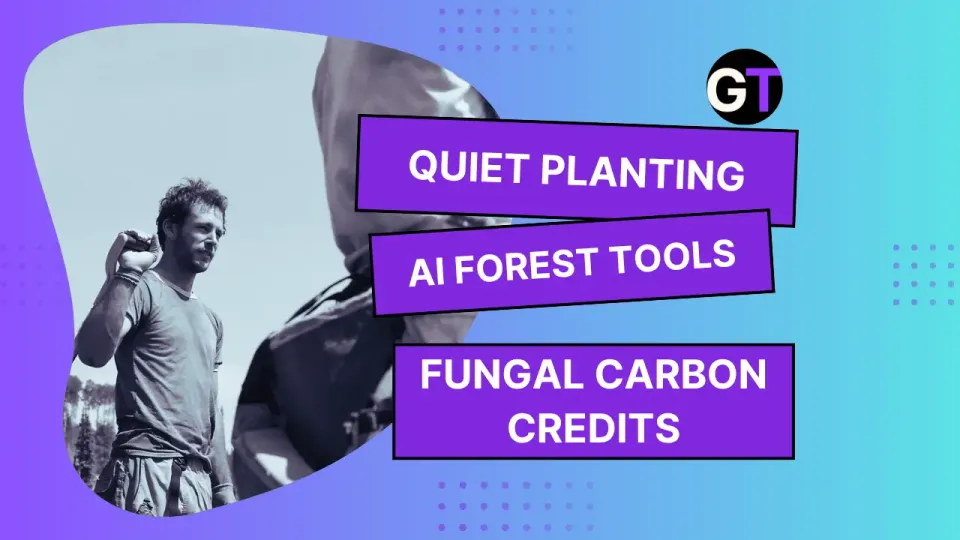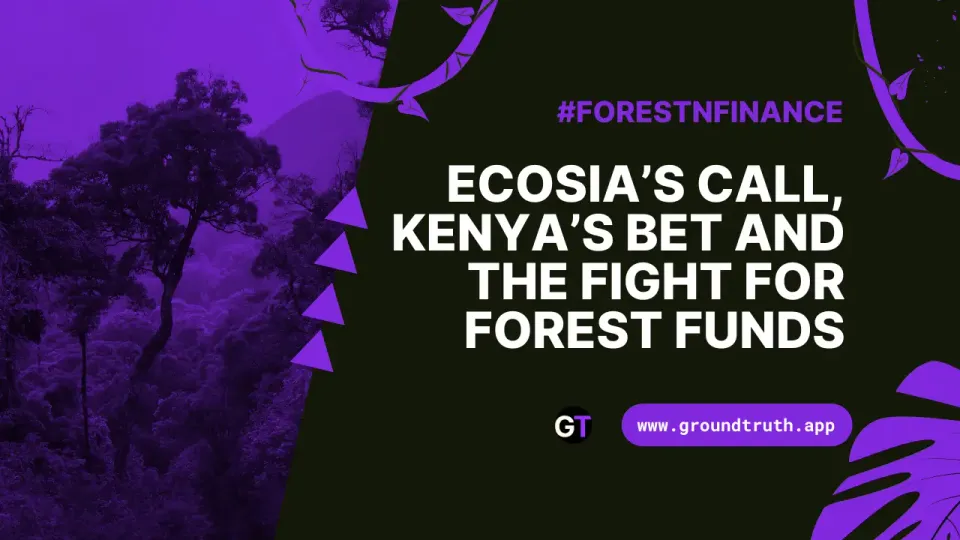Tech Giants Join Forces for Carbon Credits: Behind the Hype
Google, Meta, Microsoft, and Salesforce join forces in the Symbiosis Coalition to scale forestry carbon credits. Is this a step forward?
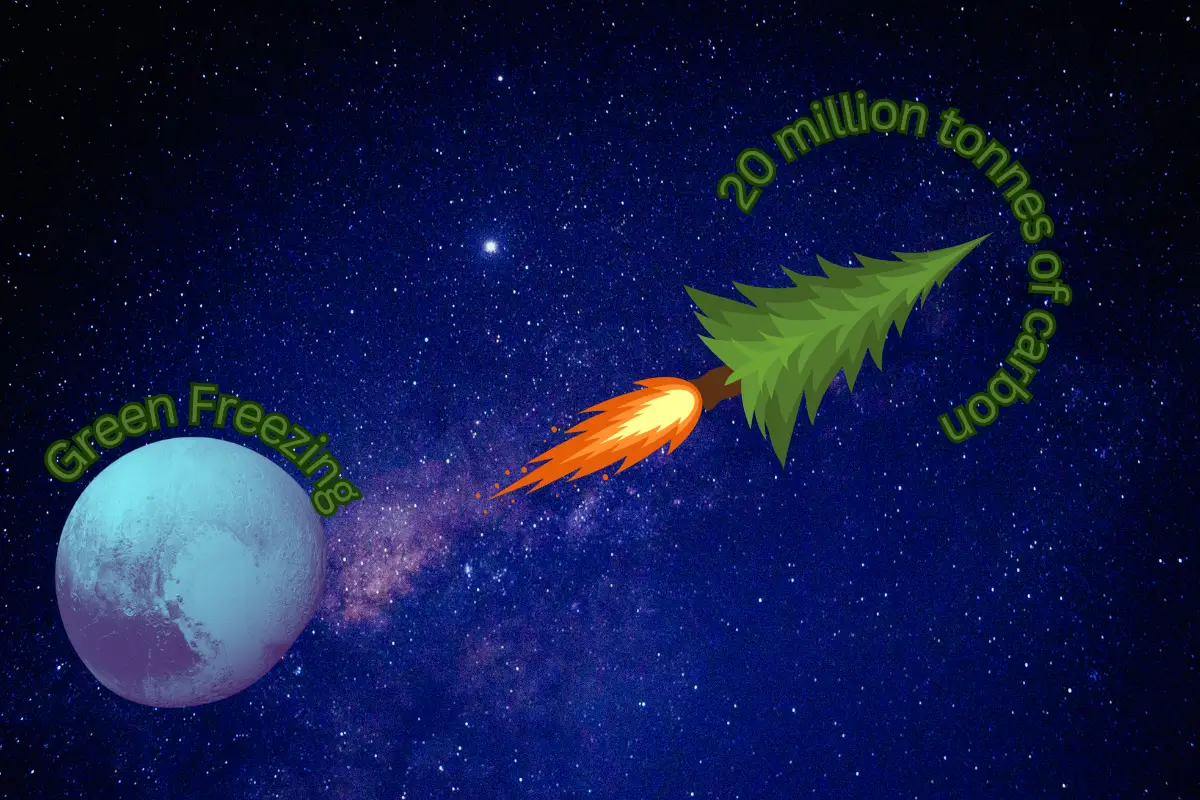
What Is the Symbiosis Coalition?
The Symbiosis Coalition, supported by tech giants Google, Meta, Microsoft, and Salesforce, has launched a new carbon credits initiative aimed at scaling nature-based solutions to climate change. Through its recently-announced Request for Proposals (RFP), the coalition seeks tree-planting projects capable of delivering up to 20 million tonnes of high-quality carbon removal credits by 2030.
This initiative aims to address key barriers in the carbon markets by creating a streamlined, high-standard process for funding projects. A second RFP, focused on mangrove restoration, is scheduled for late 2025.
Designed in collaboration with diverse stakeholders, the coalition’s approach aims to simplify access for project developers while ensuring robust quality assurance. The goal is to fund scalable projects capable of significant carbon removal while encouraging smaller initiatives that deliver strong ecological, social, or biodiversity benefits.
Julia Strong Leads the Charge on Climate and Nature Finance
The initiative is led by Executive Director Julia Strong. In a recent statement, Strong outlined the coalition's mission:
“Symbiosis represents a steadfast commitment to the importance of nature to climate action and the role of carbon markets, when done right, to financing critical climate solutions. Symbiosis sends a strong signal to project developers that buyers are willing to pay what it takes for high-quality projects that benefit the environment and local communities.”
Strong has worked across the non-profit, public, and private sectors to advance positive impact at the intersection of climate change, nature, and finance. Her experience includes The Nature Conservancy, the California Governor’s Office of Planning and Research, Blue Forest, New Forests, and NCX.
Her most recent role is as Director of the Climate and Nature Finance Collaborative at ZOMALAB. She co-founded and co-hosts the podcast “Solving Climate, Naturally,” which focuses on natural climate solutions, aimed at demystifying natural climate solutions such as reforestation.
Earlier this year, the Symbiosis Coalition launched, backed by @Google, @Meta, @Microsoft & @salesforce, committing to 20M tons of nature-based carbon removals. 🌱 Why now? Tune in as Julia Strong, Exec. Director, discusses how this coalition could reshape carbon markets. 🎧… pic.twitter.com/VWZHllRLjl
— Inevitable podcast (@inevitablemcj) August 14, 2024
Ensuring Quality Standards in Reforestation, Afforestation and Agroforestry
To maintain high-quality standards, Symbiosis has partnered with some of the biggest names in the carbon offsets industry. Pachama will handle application intake and initial screening, leveraging digital tools to assess land eligibility, leakage risks, and baseline conditions. Carbon Direct and Xilva will oversee in-depth evaluations, including on-the-ground assessments and risk mitigation analyses.
Strong has stated that the coalition’s commitment is aimed specifically at creating measurable and tangible impacts, noting that these partnerships aim to ensure projects adhere to rigorous climate impact assumptions and equitable compensation practices for Indigenous Peoples and local communities.
"Not every company can have the in-house expertise to evaluate the nuances and complexities of any given nature-based project. I think there’s value in getting together as a collective to share transparently lessons learned, not just among corporates, but with the broader sector to rigorously monitor and evaluate impact over time and to acknowledge where things aren’t working and try to make them better”
Strong says, as reported in ESG Dive.
Measurement, Reporting and Verification
Strong has emphasized transparency as a key element of the Coalition’s strategy, noting the importance of refining processes based on lessons learned, as stated above. The coalition’s reforestation and agroforestry projects are expected to meet rigorous criteria, including adherence to Verra’s ABACUS label principles. These include transparent and peer-reviewed quantification methodologies, performance benchmarks, and measures to mitigate leakage.
The Coalition has outlined these requirements to ensure measurable outcomes in carbon removal, biodiversity, and community benefits. This comes in response to increasing criticisms of the measurement, reporting and verification techniques forest carbon offsetting industry (see below).
Observers have noted that making data and findings from these projects publicly accessible would strengthen transparency and allow the broader sector to assess their impact. Clear reporting mechanisms and openly shared results could help establish credibility and further the adoption of similar standards across the industry.
Challenges and Criticism
Despite its ambitions, the Symbiosis Coalition faces skepticism from critics of nature-based carbon removal projects. A report by The Verge, scathingly titled "Big Tech thinks it can plant trees better than everyone else", highlights longstanding concerns about overestimated climate benefits and "phantom credits" within carbon markets.
Studies have shown that conservation-focused efforts sometimes fail to deliver genuine emissions reductions, often due to difficulties in accurately measuring carbon storage or ensuring deforestation is genuinely prevented.
Project Drawdown, a leading authority on climate solutions, has expressed skepticism about the reliance on carbon offsets as a primary climate strategy. The organization emphasizes that while offsets, particularly high-quality ones, can play a supplementary role, they should not be a substitute for direct emissions reductions.
According to their insights, offsets may risk enabling companies to delay transformative changes needed to reduce emissions at their source, thus undermining broader climate goals. Drawdown advocates for transparent, ambitious climate pledges focused on tangible reductions rather than over-reliance on carbon markets.
As you can see from their list of proposed solutions, the impact of 20 million tonnes of carbon removed is in fact quite modest.
In response to some of the criticisms, it should be noted however that Symbiosis focuses on reforestation, afforestation, and the restoration of degraded land—proactive strategies aimed at creating new carbon sinks rather than relying solely on preserving existing ones. The critiques from The Verge regarding REDD may not in fact be applicable here.
Planting new trees or rehabilitating degraded ecosystems increases carbon sequestration capacity in a direct and observable way, providing an alternative to conservation projects that often rely on hypothetical scenarios of avoided deforestation.
This approach seeks to address ongoing concerns about the credibility and transparency of carbon offset projects, though its success will depend on the rigor of implementation and long-term accountability. If Symbiosis wants to prove their critics wrong, they had better be sure to get their accounting right.
Nature-based projects are complex and challenging to get right and haven’t always lived up to their intended impact,” Strong told The Verge. “Symbiosis aims to address challenges around nature-based project integrity to date by setting a high-quality bar that builds on best in class market standards and the latest science, data, and best practice.”
From Greenwashing to Greenfreezing
The American Forest Foundation has highlighted concerns over a growing trend it describes as "greenfreezing." This occurs when companies, wary of accusations of greenwashing, significantly slow or halt their climate action plans.
Unlike "greenhushing," which involves staying silent about environmental efforts, greenfreezing reflects a deeper retreat from ambitious goals. Recent examples include Air New Zealand’s withdrawal from the Science Based Targets initiative and the abandonment of its 2030 carbon intensity targets, as well as J.P. Morgan and State Street stepping back from the Climate Action 100+ coalition.
The Foundation suggests that while critique of voluntary carbon markets has led to important innovations, excessive scrutiny risks discouraging participation altogether. Companies may feel there are no viable short-term options for climate action, leaving them tempted to return to business as usual.
AFF emphasize the importance of balancing accountability with continued investment in tools like carbon credits and nature-based solutions, which remain critical for immediate emissions reductions and long-term progress.
Perspectives from One Earth and Other Nonprofits
The nonprofit sector has offered a cautiously optimistic response to the initiative. Karl Burkart of One Earth told Mongabay that the coalition’s tech-driven approach to reforestation could help set new standards for the industry. Organizations such as the American Forest Foundation have praised the coalition’s ambition and commitment to transparency while acknowledging the inherent challenges of scaling high-quality carbon removal efforts.
The Arbor Day Foundation described the Symbiosis Coalition as a 'buyers’ club for nature-based credits,' noting its collaborative approach to advancing climate goals. By integrating new technology, involving Indigenous peoples and local communities, and adhering to unified quality standards, the coalition aims to ensure projects are scientifically sound and transparently measured.
This approach, according to the ADF, sends a strong market signal, encouraging other businesses and organizations to adopt similar practices. The Coalition is talking the right talk. However, will they walk the walk?
Many of these experts wonder about the coalition’s ability to implement its technologies effectively, ensure equitable benefit distribution, and measure biodiversity progress. These factors will be critical in determining whether Symbiosis can achieve long-term impact.
Moving Forward
The Symbiosis Coalition represents a significant effort to advance nature-based carbon removal through high-quality projects and transparent processes. As the coalition begins evaluating proposals and implementing its first wave of projects, its ability to adapt, share lessons learned, and engage stakeholders will be closely watched.
A key question remains: will the coalition provide full transparency around critical details such as financial data, species diversity, seed origins, and other useful planting information? Openly sharing this data could foster trust, enable independent verification, and provide valuable insights to improve large-scale reforestation efforts.
Ultimately, the initiative’s success will depend on sustained accountability, its commitment to openness, and the broader sector’s capacity to learn from and build upon Symbiosis's findings.
We aren't sure if Big Tech can plant trees better than everyone else. But maybe, we will be able to see for ourselves how they stack up.
Sources
Symbiosis Coalition. "Request for Proposals (RFP)." Symbiosis Coalition. Published 2024. https://www.symbiosiscoalition.org/rfp.
Carbon Credits. "Google, Meta, Microsoft, and Salesforce Launch Symbiosis, Pledging for 20M Tons of Nature-Based Carbon Removal Credits." Carbon Credits. Published September 12, 2024. https://carboncredits.com/google-meta-microsoft-and-salesforce-launch-symbiosis-pledging-for-20m-tons-of-nature-based-carbon-removal-credits/.
Symbiosis Coalition. "Meet the Coalition." Symbiosis Coalition. Published 2024. https://www.symbiosiscoalition.org/meet-the-coalition?utm.
ESG Dive. "Transparency on Carbon Credits Quality Is Critical for Reducing Corporate Emissions." ESG Dive. Published November 1, 2024. https://www.esgdive.com/news/transparency-on-carbon-credits-quality-is-critical-for-reducing-corporat/728333/?utm.
Symbiosis Coalition. "Reforestation and Agroforestry Quality Criteria." Symbiosis Coalition. Published 2024. https://www.symbiosiscoalition.org/reforestation-agroforestry-quality-criteria.
https://www.symbiosiscoalition.org/reforestation-agroforestry-quality-criteria.Porter, Jon. "Google, Meta, Microsoft, and Salesforce Join Forces on Carbon Removal Through Symbiosis Coalition." The Verge. Published May 22, 2024. https://www.theverge.com/2024/5/22/24162428/google-meta-microsoft-salesforce-symbiosis-coalition-nature-carbon-removal-forest-offsets.
"Greenfreezing: What It Is and How We Begin to Thaw." American Forest Foundation. Published July 15, 2024. https://www.forestfoundation.org/why-we-do-it/family-forest-blog/greenfreezing-and-how-we-begin-to-thaw/.
Mongabay. "As Big Tech Eyes the Carbon Market, Will It Work This Time?" Mongabay. Published June 1, 2024. https://news.mongabay.com/2024/06/as-big-tech-eyes-the-carbon-market-will-it-work-this-time/.
Arbor Day Foundation. "Private Sector Carbon Offsets." Arbor Day Foundation. Published August 2024. https://www.arborday.org/carbon/content-hub/private-sector-carbon-offsets.
Strong, Julia. "Symbiosis Coalition Launches First RFP to Support High-Quality Reforestation and Agroforestry Projects." Symbiosis Coalition. https://www.symbiosiscoalition.org/perspectives/rfp-launch.
Foley, Jonathan. "The World Needs Better Climate Pledges." Project Drawdown. Published June 17, 2021. https://drawdown.org/insights/the-world-needs-better-climate-pledges?utm.
Edited by Chris Harris

This work is licensed under a
Creative Commons Attribution 4.0 International License.
